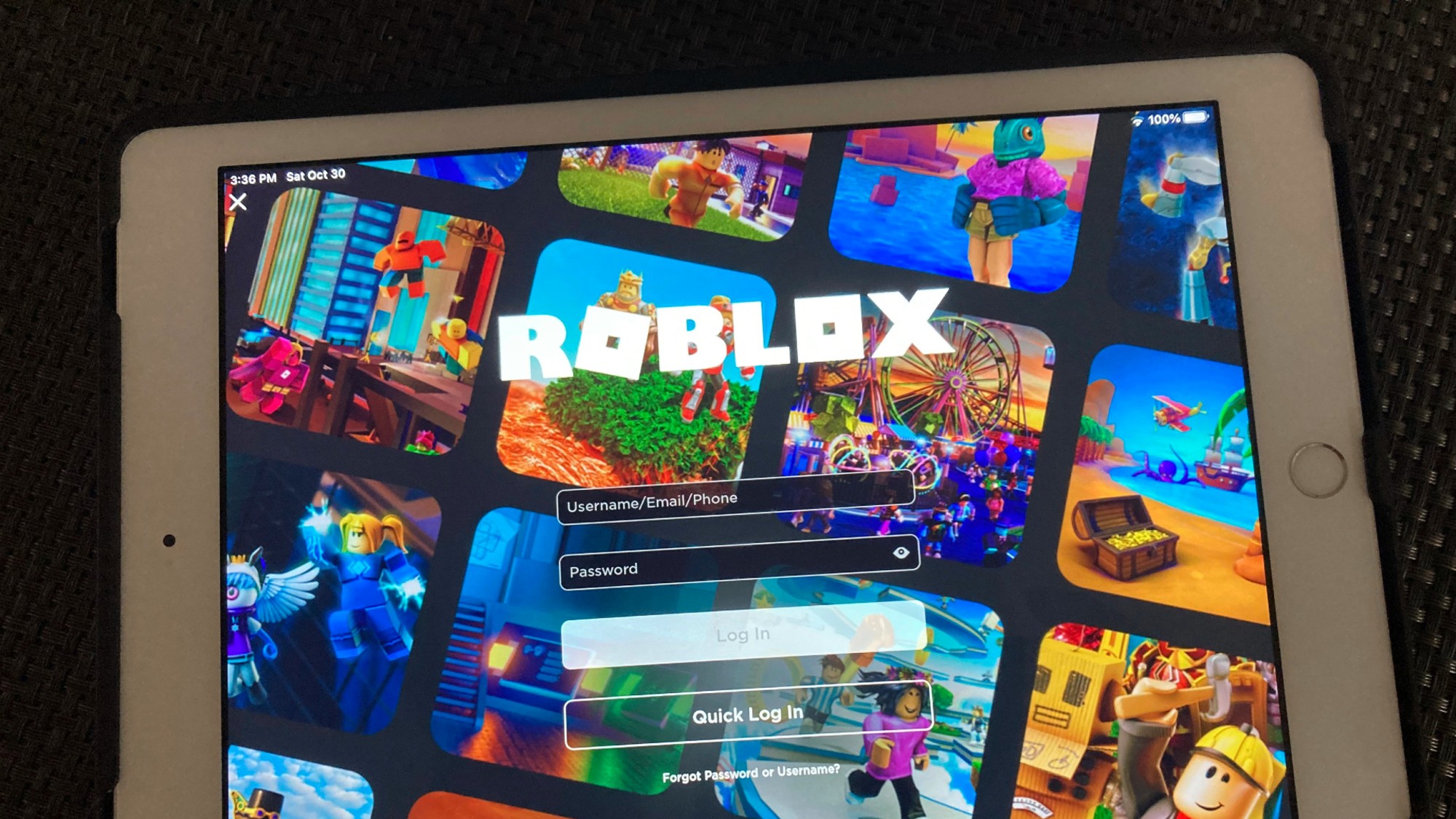The link between meat and diabetes
Study links processed meat to the disease, but it has an 'inevitable' limitation

A free daily email with the biggest news stories of the day – and the best features from TheWeek.com
You are now subscribed
Your newsletter sign-up was successful
Can a bacon sandwich raise your risk of diabetes?
That's the question being asked after a study of two million people found that eating a small amount of processed meat leads to a significantly increased chance of contracting the disease.
But the finding, published in The Lancet Diabetes and Endocrinology, is just the latest development in the "ever-evolving and confusing world of nutrition science", said New Scientist. So just how dangerous is processed meat?
The Week
Escape your echo chamber. Get the facts behind the news, plus analysis from multiple perspectives.

Sign up for The Week's Free Newsletters
From our morning news briefing to a weekly Good News Newsletter, get the best of The Week delivered directly to your inbox.
From our morning news briefing to a weekly Good News Newsletter, get the best of The Week delivered directly to your inbox.
What are the findings?
The study of just under two million people from 20 different countries found a link to red and processed meats, including steak, and bacon and sausages.
The team, from the University of Cambridge, found that for every 50 grams of processed meat eaten per day, the risk of developing type 2 diabetes rose on average by 15%, while an extra 100g of unprocessed red meat per day was linked to a 10% higher risk. It also found that the link between type 2 diabetes and eating poultry, such as chicken, turkey and duck, remained uncertain and needs further investigation.
Speaking to The Times, Professor Naveed Sattar, from the University of Glasgow, said the findings suggest cutting red and processed meats from diets "may not only protect people from heart disease and stroke" but also from type 2 diabetes, "a disease on the rise worldwide".
What are the question marks?
Although the research "has been done well", said the BBC, the findings are "nuanced" and "should not cause fear or panic".
A free daily email with the biggest news stories of the day – and the best features from TheWeek.com
The "inevitable limitation" of the research is that it "cannot prove" meat causes diabetes, because it is "impossible to fully discount" other possible risk factors, such as "other foods people in the study ate" and "the lifestyle they led".
Research like this "has to rely on participants telling the truth and accurately recalling what they eat", so it "should not wipe meat off the menu", added the broadcaster.
But this does not mean the findings should be "entirely dismissed" because they add to a "growing picture of what foods – and how much – might be good or bad for us".
What do health agencies say about meat?
The International Agency for Research on Cancer puts processed meat in the same category of risk as tobacco smoking and asbestos. The NHS advises people to consume no more than 70g (cooked weight) of red or processed meat a day because experts believe eating too much can cause bowel cancer.
Another recent study found that those who avoid meat "seem to be in better health", said The Telegraph, adding that vegetarians and vegans "appear less likely to develop cardiovascular disease, cancer or die early" and also "tend to have better blood pressure, blood sugar and BMI readings".
Experts say people considering cutting down on their meat intake should make sure they still have plenty of iron, vitamin B12 and protein in their diet.
What is diabetes?
The condition occurs when the pancreas fails to produce sufficient insulin to control the amount of glucose, or sugar, in the blood. Patients with type 1 diabetes, which accounts for 10% of cases, cannot produce insulin. The remaining 90% with type 2 diabetes either don't produce enough or their cells fail to react to it.
The number of cases has doubled over the past two decades and last year 4.3 million people in Britain were living with a formal diagnosis, while it is thought one million adults are living with undiagnosed type 2 diabetes.
Chas Newkey-Burden has been part of The Week Digital team for more than a decade and a journalist for 25 years, starting out on the irreverent football weekly 90 Minutes, before moving to lifestyle magazines Loaded and Attitude. He was a columnist for The Big Issue and landed a world exclusive with David Beckham that became the weekly magazine’s bestselling issue. He now writes regularly for The Guardian, The Telegraph, The Independent, Metro, FourFourTwo and the i new site. He is also the author of a number of non-fiction books.
-
 What to know before filing your own taxes for the first time
What to know before filing your own taxes for the first timethe explainer Tackle this financial milestone with confidence
-
 The biggest box office flops of the 21st century
The biggest box office flops of the 21st centuryin depth Unnecessary remakes and turgid, expensive CGI-fests highlight this list of these most notorious box-office losers
-
 The 10 most infamous abductions in modern history
The 10 most infamous abductions in modern historyin depth The taking of Savannah Guthrie’s mother, Nancy, is the latest in a long string of high-profile kidnappings
-
 Quiet divorce is sneaking up on older couples
Quiet divorce is sneaking up on older couplesThe explainer Checking out; not blowing up
-
 Admin night: the TikTok trend turning paperwork into a party
Admin night: the TikTok trend turning paperwork into a partyThe Explainer Grab your friends and make a night of tackling the most boring tasks
-
 Tips and tricks for Veganuary
Tips and tricks for VeganuaryThe Week Recommends Here are some of our best recommendations for a plant-based start to the year
-
 More than a zipper: Young Black men embrace the ‘quarter-zip movement’
More than a zipper: Young Black men embrace the ‘quarter-zip movement’The Explainer More than a zipper: Young Black men embrace the ‘quarter-zip movement‘
-
 Broadway actors and musicians are on the brink of a strike
Broadway actors and musicians are on the brink of a strikeThe explainer The show, it turns out, may not go on
-
 Trouble on the seas as cruise ship crime rates rise
Trouble on the seas as cruise ship crime rates riseThe Explainer Crimes on ships reached nearly a two-year high in 2025
-
 Smart glasses and unlocking ‘superintelligence’
Smart glasses and unlocking ‘superintelligence’The Explainer Meta unveiled a new model of AI smart glasses this week, with some features appearing ‘unfinished’ at a less-than-perfect launch
-
 Roblox, one of the world's most popular video games, has become a bastion of hate speech
Roblox, one of the world's most popular video games, has become a bastion of hate speechThe Explainer The platform has over 111 million daily users